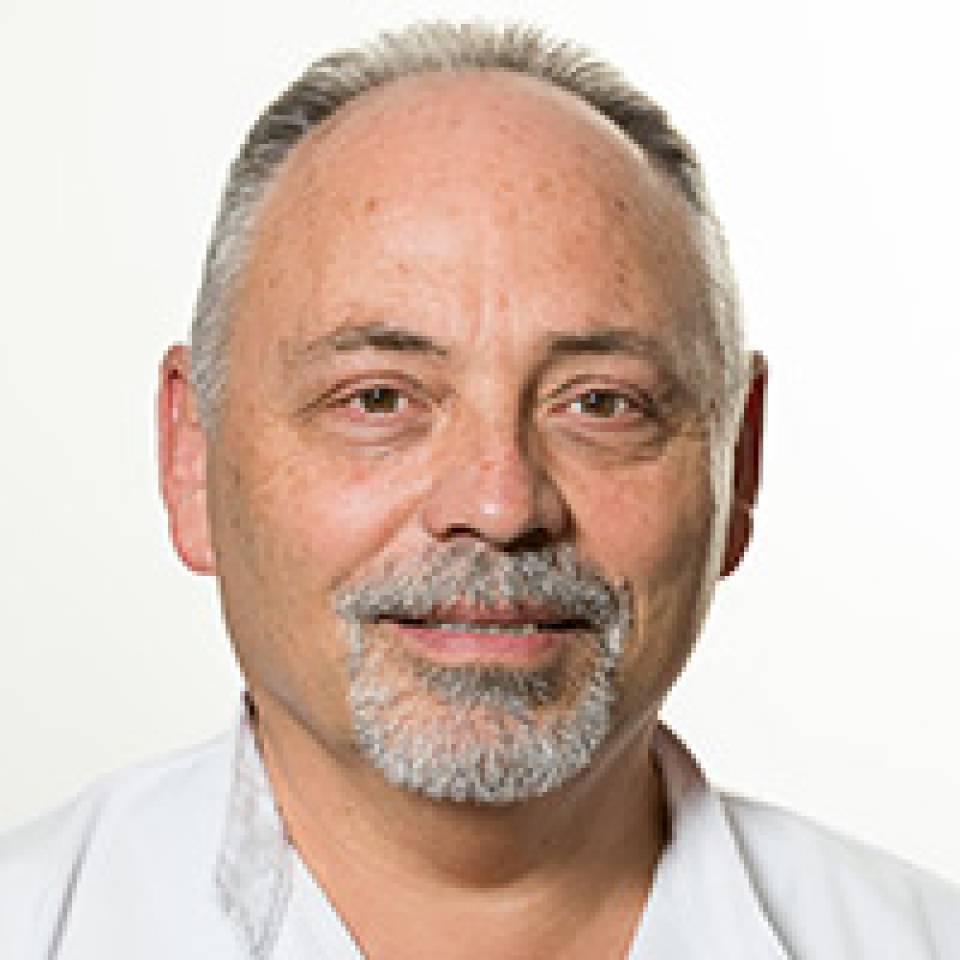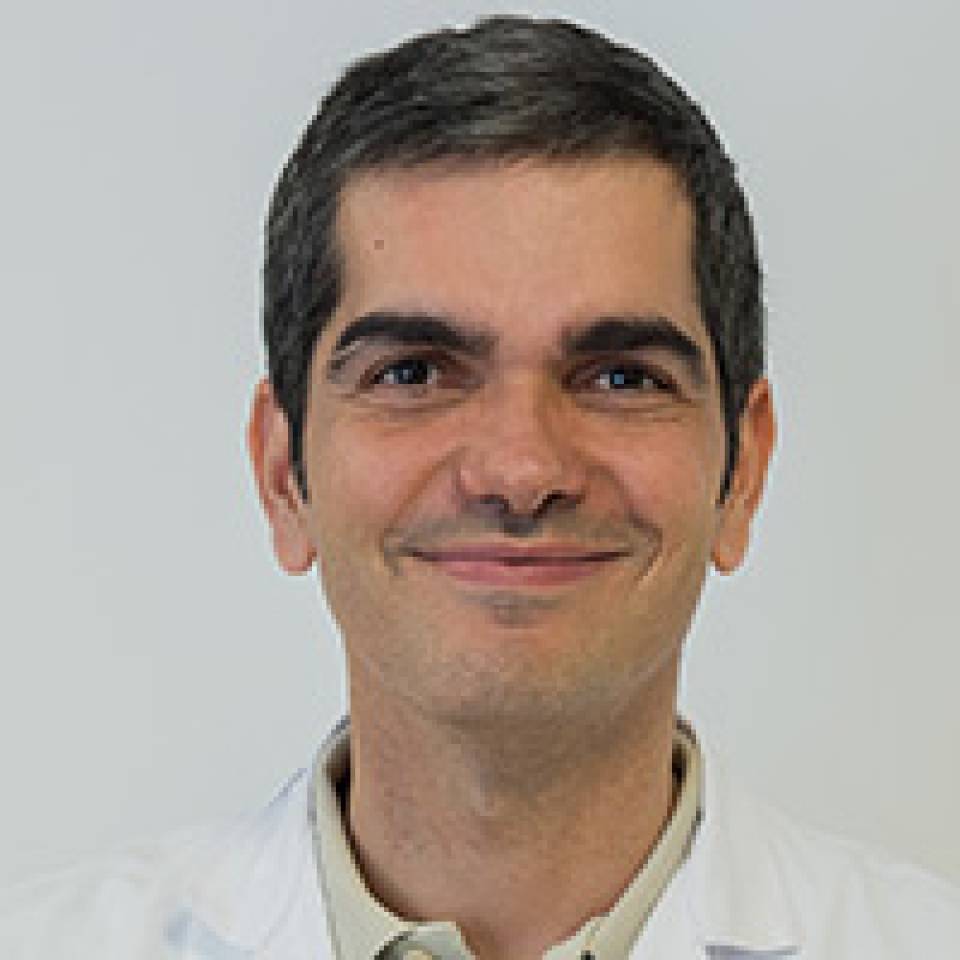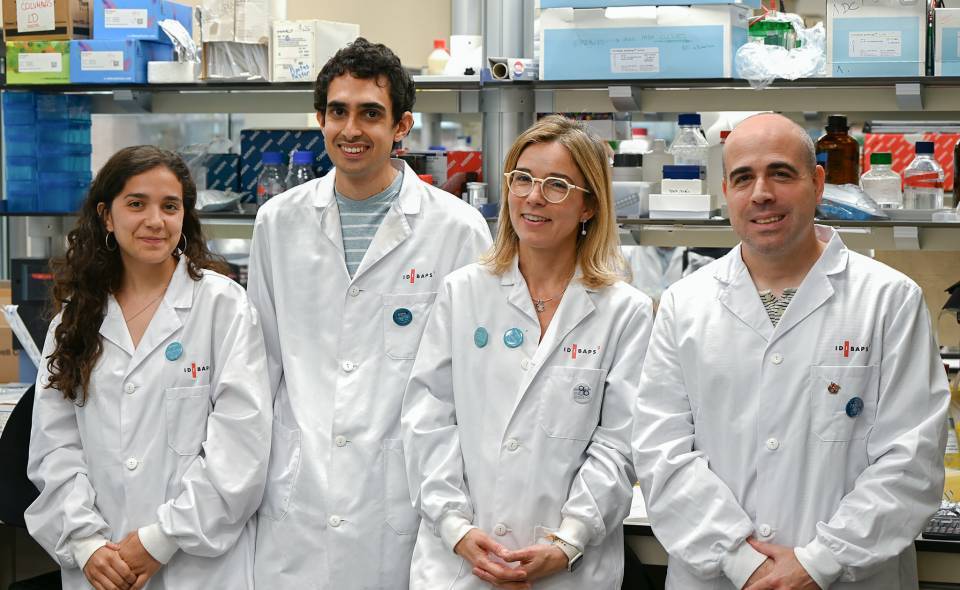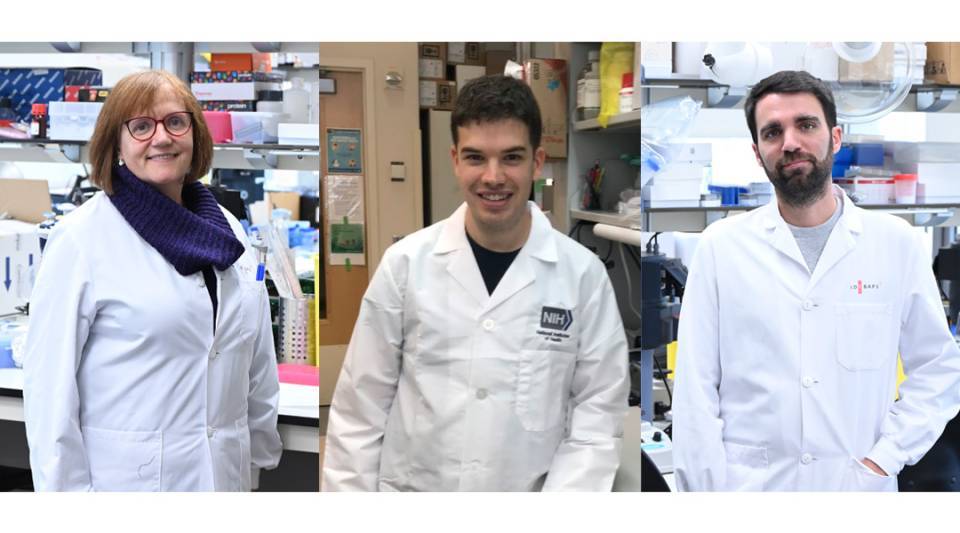Frequently Asked Questions about Lymphoma
The extraction of cells by means of a lymph node puncture test helps guide the diagnosis of a lymphoma but it does not confirm it. It can only be verified with the results of a lymph node biopsy. The only case where a lymph node puncture test or biopsy cannot be performed is when the lymphoma affects the spleen and so it must be extracted to reach a diagnosis.
Yes. Lymphoma is a type of cancer that affects the immune system. It develops when the white blood cells or lymphocytes, the blood cells produced by bone marrow and which defend the body against infections, lose control and divide abnormally or do not die when they should.
Lymphoma tumour cells, as with any other type of cancer, involve genetic alterations, but this does not necessarily mean that lymphoma is a hereditary disease.
Lymphomas can produce a variety of symptoms and they should all be taken into account, even though none of them are 100% specific. The most common symptoms are: fever; excessive sweating; unintentional weight loss; a heavy feeling in the abdomen; the appearance of lumps, especially in the neck, armpits, groin or abdomen; tiredness; frequent haemorrhages and infections; and altered laboratory test results.
This is still unknown in the majority of cases. Most patients have not been exposed to any substances, toxins or drugs that can be considered “carcinogenic”. In some very concrete subtypes (a minority of cases), the appearance of a lymphoma is associated with infections caused by certain viruses or bacteria, or with some very specific treatments (e.g., with immunosuppressants).
Having confirmed the diagnosis, doctors need to know how far the cancer has spread throughout the body. This is usually evaluated using two tests: a CT or PET-CT scan in order to determine which organs have been affected by the disease and a bone marrow biopsy to identify whether the lymphoma has spread to the bone marrow.
Other tests are sometimes carried out (spinal tap, examination of the fundus of the eye, etc.) based on the type of lymphoma and the patient’s symptoms.
There are several types of lymphoma and each has a very different prognosis and treatment. Lymphomas are not categorised as being good or bad because there aren’t really any “good lymphomas”. They are classified as aggressive or indolent.
No. In the case of indolent or low-grade lymphomas, treatment is not recommended until patients present symptoms or another specific problem (anaemia, significantly enlarged lymph nodes, etc.). Indolent lymphomas are considered incurable regardless of how early treatment is initiated. Several studies have shown that early treatment in patients without symptoms does not improve their survival rate.
While the doctors may have decided not to start treatment, it does not mean there is no treatment available but rather it is not necessary at this time.
Unlike the most common cancers (breast, lung, colon), surgery does not play any role whatsoever in lymphoma treatment. Surgery is only used to collect a sample and reach a diagnosis. No lymphoma is “operable” from a curative point of view.
Some treatments require admission to the hospital, but in the majority of cases this is not necessary. The various treatments are usually carried out with outpatients (in the Day Hospital). If a patient needs to be admitted to hospital it is usually due to a complication.
Courses of chemotherapy are administered into a vein. The vein can sometimes become inflamed or irritated and so a permanent venous catheter is inserted. There are several types of catheter (e.g., peripherally inserted central catheter, PICC, and Port-a-Cath®, PAC), that are basically used to avoid having to look for the patient’s vein every time a blood sample is required or medication needs to be administered.
Chemotherapy may interact with other medicines taken to treat heart disease, oral anticoagulants, antivirals or antiepileptic drugs. Regarding medicinal plants, there is no conclusive evidence, but it is known that the combination of some medicinal plants with certain foods and medicines can modify the effectiveness of the treatment or produce potentially severe side effects.
As a result, you must inform your doctor if you are taking any type of medicine or supplement before starting chemotherapy so they may indicate whether or not you should stop taking any of them.
Do not forget that the sun can enhance chemotherapy’s effects on the skin (photosensitivity). It is important to avoid direct exposure to the sun. You can do this by wearing a hat and long-sleeved shirt, using a parasol, factor 50 sun creams, avoiding skin creams that contain alcohol, etc.
There are some food restrictions applicable when receiving a course of cancer treatment. Raw foods contain more bacteria than cooked foods and so there is a greater chance of producing an infection. It is therefore important to keep your hands and food preparation areas very clean; cook foods at the right temperature; refrigerate foods without delay; maintain crude and prepared foods well apart in the refrigerator; peel all foods with a skin and ensure that they have been washed correctly.
If you decide to change your eating habits, do so in collaboration and under the supervision of specially trained professionals who can advise you correctly.
Traditional medicines encompass a wide range of all sorts of practices, treatments and products which are defined by the World Health Organization as, “a variety of health practices, approaches, knowledge and beliefs, including plant, animal and/or mineral-based medicine, spiritual therapies, manual techniques and exercises, applied individually or in combination to maintain well-being or treat, diagnose or prevent illnesses”.
The Spanish Ministry of Health, Social Services and Equality has identified 139 traditional medicines with different degrees of direct impact on health.
The correct approach with traditional medicines is to use them as a complement but never as an alternative to conventional treatments.
Ask your reference doctor or nurse who will advise you if you have any doubts or questions.
We recommend caution and you should avoid unnecessary risks by minimising the amount you drive or manage potentially dangerous machinery.
Some people are able to continue working and maintain their normal lifestyle while receiving treatment. Others, however, need more rest than usual and have to reduce their physical activity. The healthcare team will provide information and advice for your specific case in function of your overall condition and the level of activity you maintain.
Massages can help alleviate the symptoms and improve your quality of life. But you should bear in mind that it must be performed by professionally accredited therapists who will take each patient’s specific characteristics, their condition and the appropriate massage technique into account. Discuss any doubts with your healthcare team.
It is better to practise any aquatic sports in swimming pools with a lot of chlorine. If the activity is performed in the sea, avoid the middle of the day to reduce the chance of sunburn.
In either case, do not forget the sun can enhance the effects of chemotherapy on the skin (photosensitivity). It is important to avoid direct exposure to the sun. You can do this by wearing a hat and long sleeve shirt, using a parasol, factor 50 sun creams, avoiding skin creams that contain alcohol, etc.
Hair loss, also known as alopecia, is a side effect provoked by the action of the different drugs taken in chemotherapy. Depending on the course of chemotherapy, patients may experience partial or total hair loss 15–20 days after the first administration cycle and it may affect all body hair.
It is a reversible effect; the hair will grow back upon terminating the treatment, although it may initially grow back with different characteristics than before.
Hair loss is not associated with all treatments, nor does it occur with the same intensity.
Do not dye your hair if the dye contains ammonia. We do not recommend perms or the use of hair straighteners, curling tongs or hairdryers.
Yes. You just need to remember that there are times during the treatment when you have low defences and therefore, as a precaution, you must avoid contact with people who have a flu or cold-like infection.
The best way of preventing infections is to ask friends and family who come to visit you or people living with you to follow some hygiene rules, such as washing their hands frequently and, in some cases, wearing a mask to avoid transmitting infections via the respiratory system.
On the other hand, cancer is not a contagious disease and so there is no risk whatsoever for pregnant women visiting lymphoma patients.
Yes, you can practice sexual intercourse, but you will probably have less sexual desire. The symptoms associated with chemotherapy, e.g., nausea, vomiting, discomfort, diarrhoea, mucositis, hair loss, etc., also tend to reduce sexual desire. Once the side effects improve or disappear then sexual desire also tends to return.
You should discuss it with your healthcare team since patients often present, to varying degrees, an immunosupressed state (a significant reduction in defences), either as a consequence of the treatment, the cancer or both.
It is important to go for a dental check-up before starting chemotherapy to detect potential problems with any teeth because extractions are not recommended once treatment has begun.
Alcohol may increase the toxicity of certain medicines during the course of chemotherapy treatment. You should therefore discuss it with your medical team.
Yes, you can carry out physical activity while receiving treatment, so long as your physical condition and illness do not prevent you from doing so.
Keeping active is one of the things you can do in order to collaborate with the treatment. You must remember that the benefit of this activity is not just psychological (distraction helps mental relaxation) but also physical. This point has been proven in several clinical trials.
In fact, it has been noted that patients (even adolescents) who practice physical activity before, during and after a treatment are in a better psychological condition than those who do not.
The most recommendable activities are gentle walking, calm movements and exercises that increase elasticity and well-being.
Substantiated information by:


Published: 20 February 2018
Updated: 20 February 2018
Subscribe
Receive the latest updates related to this content.
Thank you for subscribing!
If this is the first time you subscribe you will receive a confirmation email, check your inbox


